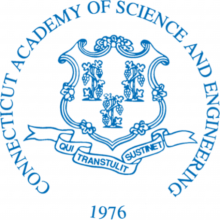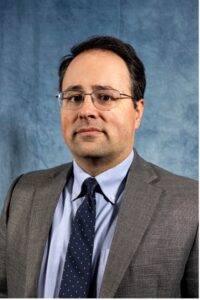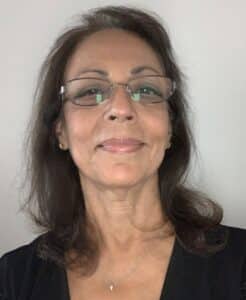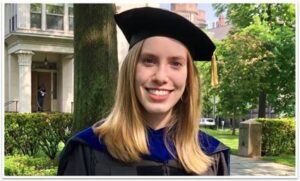CASE SCIENCE & TECHNOLOGY POLICY FELLOWSHIP
In 2017, CASE received one of nine planning grants awarded by the California Council for Science and Technology (CCST) in partnership with the Gordon and Betty Moore Foundation and the Simons Foundation. The grants supported state-level planning for the implementation of a science and technology policy fellowship program, with the American Association for the Advancement of Science and CCST Policy Fellowship Programs as successful models from which to build. The fellowships provide opportunities for scientists, physicians, and engineers with PhD’s or equivalent terminal degrees to contribute their skills and knowledge to the development of science-related public policies while simultaneously learning about the public policy process.
CASE began the planning phase by establishing a Fellowship Advisory Committee that included representatives from the state government, former and current fellows, CASE Members, and foundations. The committee provided guidance for the development of the program. The Fellowship Program is made possible in part through the generous backing of our funders. In the interest of maintaining independence, funders are not involved in any aspect of Fellowship program operations including Fellow selection, placement, and evaluation.
The Connecticut Department of Energy and Environmental Protection (DEEP) provided the first opportunity to place a CASE Fellow in the spring of 2019. Dr. Anna Hagstrom served as the Inaugural Fellow and completed her two-year fellowship as a member of DEEP’s emerging contaminants/per- and polyfluoroalkyl substances (PFAS) team. Seema Alim is DEEP’s second fellow and will focus on Building Decarbonization.

Elements of a Successful Science and Technology Policy Fellows Program for State Government is a guide describing current state-level program models and steps for getting started in your state.


 The Connecticut Academy of Science and Engineering (CASE) is pleased to announce the placement of Stephen R. Nichols as a CASE Science and Technology Policy Fellow. Stephen Nicols’ fellowship at the Connecticut General Assembly (CGA) is focused on artificial intelligence (AI) policy. This fellowship is dedicated to advancing policies that strengthen data privacy and security for Connecticut residents, addressing key areas such as consumer and health information privacy, online protections, and data security standards.
The Connecticut Academy of Science and Engineering (CASE) is pleased to announce the placement of Stephen R. Nichols as a CASE Science and Technology Policy Fellow. Stephen Nicols’ fellowship at the Connecticut General Assembly (CGA) is focused on artificial intelligence (AI) policy. This fellowship is dedicated to advancing policies that strengthen data privacy and security for Connecticut residents, addressing key areas such as consumer and health information privacy, online protections, and data security standards. Dr. Seema Alim has a PhD in civil engineering, is a licensed professional engineer, and brings 30+ years of experience in urban planning, building design, and infrastructure development. Her work included projects in the US, and internationally, including in Canada, the United Arab Emirates, and Middle East/North African (MENA) countries. She accepted the fellowship, “…to continue working on climate mitigation and Green House Gas emission reduction through policies, programs, and integrated planning focused on decarbonizing existing residential and commercial buildings, incentivizing new construction to adopt zero-emission building and appliance standards, and training the real estate community to incorporate energy efficiency metrics in real estate transactions.”
Dr. Seema Alim has a PhD in civil engineering, is a licensed professional engineer, and brings 30+ years of experience in urban planning, building design, and infrastructure development. Her work included projects in the US, and internationally, including in Canada, the United Arab Emirates, and Middle East/North African (MENA) countries. She accepted the fellowship, “…to continue working on climate mitigation and Green House Gas emission reduction through policies, programs, and integrated planning focused on decarbonizing existing residential and commercial buildings, incentivizing new construction to adopt zero-emission building and appliance standards, and training the real estate community to incorporate energy efficiency metrics in real estate transactions.”